Post
A catch
Save a catch to start your fishing logbook. You will be able to to share it with the community if yo want!
A fishing trip
Post an ad to go fishing with other fishermen
Save a catch to start your fishing logbook. You will be able to to share it with the community if yo want!
Post an ad to go fishing with other fishermen
Share a thought, a question with the community
My favorite cities
×Join our 5 fishermen and our 1 cofisherman in Brandeis in Ventura. The fishing forecast is currently 2.3. The most caught fishes here are the smallmouth bass, the comanche springs pupfish, the largemouth bass and the bluegill. Come try the most famous fishing techniques like the fishing for sea bass while surfcasting, trolling for mackerel, fishing with traps or surfcasting.
Our fishing forecast of Brandeis indicates the best time to go fishing in this city.
The Smallmouth bass
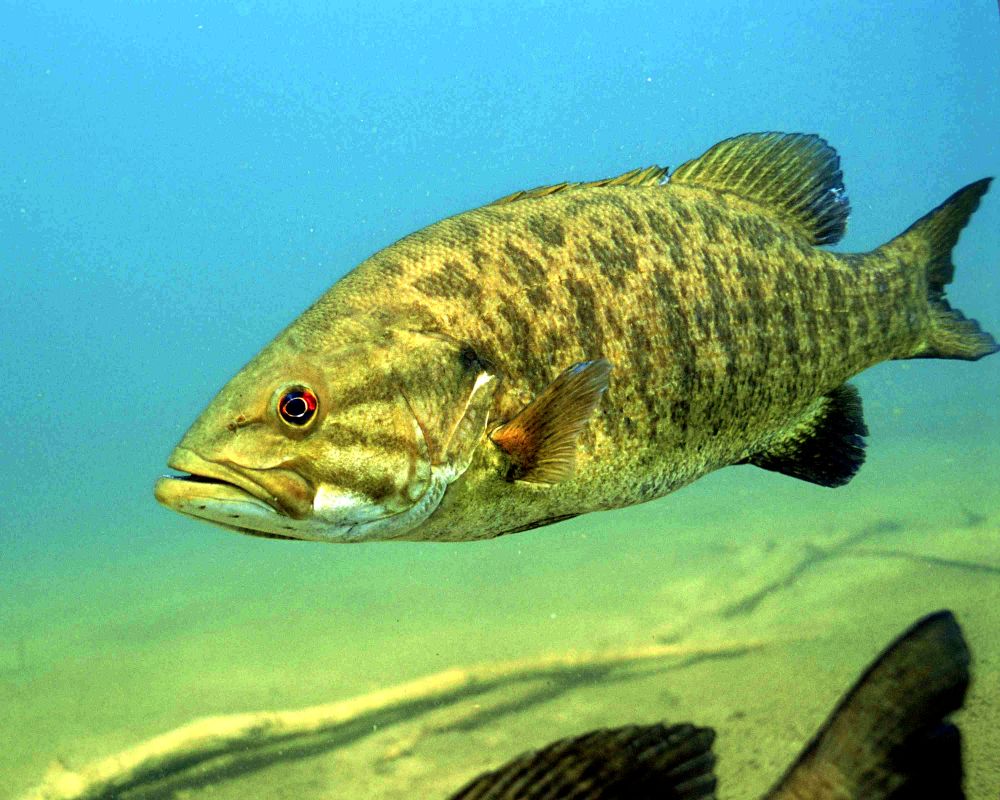
The Smallmouth bass belongs to the Centrarchidae family. The individuals observed measure between 20 and 38 cm. They weigh from 250 g to 1 kg. They can live up to 26 years. They reproduce from May to July. The best time to catch them is in autumn. Smallmouth bass is a fish with a strong body, compressed laterally. The head is broad and elongated. It is adorned with dark bars radiating backwards from the eyes. The back and top of the head are brown or golden brown, green or olive green. Contrary to its vernacular name, its mouth is rather large! Smallmouth bass has a long, rounded snout. The upper jaw does not extend beyond the upper edge of the eye. The anal fin has 3 strong spines. Both dorsal fins are slightly rounded and rather soft. They are linked and seem to form only one fin. The spines of the first dorsal fin are short and of almost the same length. The pelvic fins are joined by a membrane. The caudal fin is forked. The pectoral fins are transparent, all the others are opaque, dark or amber and decorated with black on the rays, spines or membranes. The back is darker and less golden than the sides. The flanks are marked with 8 to 15 thin vertical bars of dark appearance; this characteristic is more pronounced in juveniles. The belly of smallmouth bass is cream to milky in color. Body color varies according to size, but also according to its environment: in clear waters, it is dark and enhanced by pronounced contrasting marks, while in turbid waters, it is lighter and
The Smallmouth bass is a famous fish you can catch in Brandeis.The Comanche springs pupfish
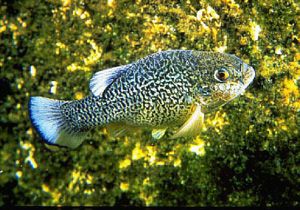
The Comanche springs pupfish belongs to the Cyprinodontidae family. The common length for Comanche Springs aphid is 3.8 cm, the maximum reported length for this species is 6.2 cm. They can live up to two years. It reproduces in the spring. This species is endangered, so fishing is prohibited. The Comanche springs pupfish is a small fish with a compressed body. Males are larger than females and have a metallic blue color while females are beige.
The Comanche springs pupfish is a famous fish you can catch in Brandeis.The Largemouth Bass
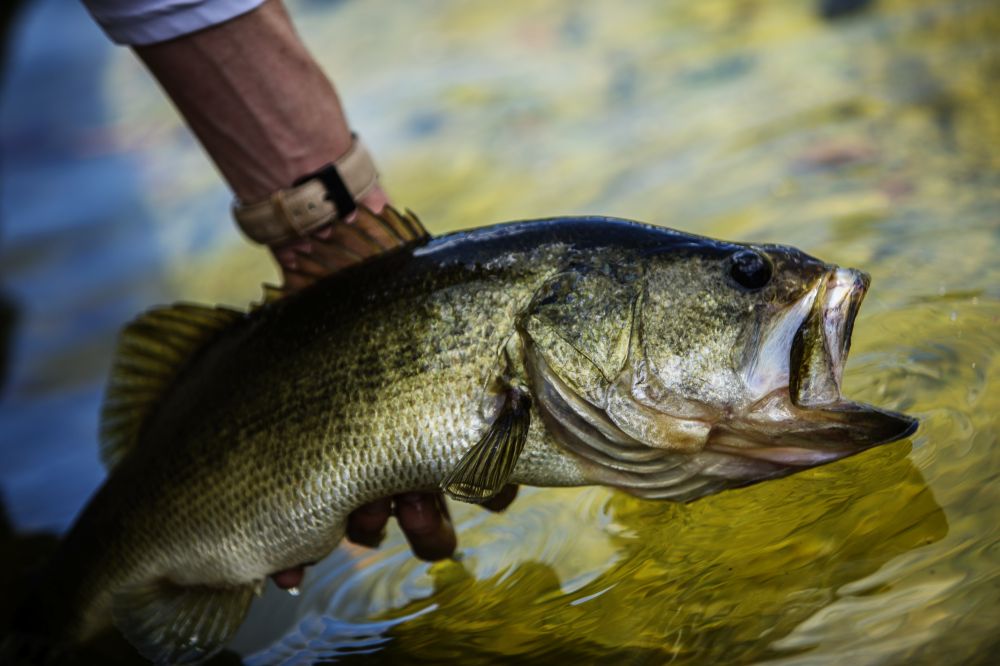
The Largemouth Bass belongs to the Centrarchidae family. It has an average size of 45 cm but may reach 60 cm. The maximum recorded weight was 10,09 kg. It has a lifespan of 6 years. It breeds between February and July. It can be fished all year round. Largemouth bass has a large mouth with a slightly oblique mouth. Its body is thin to robust, slightly flattened laterally and of oval cross-section. The corner of the mouth extends beyond the eye. The back and head are dark green to light green in color with lighter sides and a whitish belly and underside. A large lateral band can be seen from the snout through the eyes to the base of the tail. Towards the tail, there is a series of spots of different sizes. These spots become a solid and uniform band on the caudal peduncle. The eye is golden brown. Vertical fins slightly pigmented, generally clear paired fins; caudal fin in young and adult. Adults in muddy lakes are dark olive brown to black, with marks that are difficult to distinguish. Males in breeding condition tend to be darker in color.
The Largemouth Bass is a famous fish you can catch in Brandeis.The Bluegill
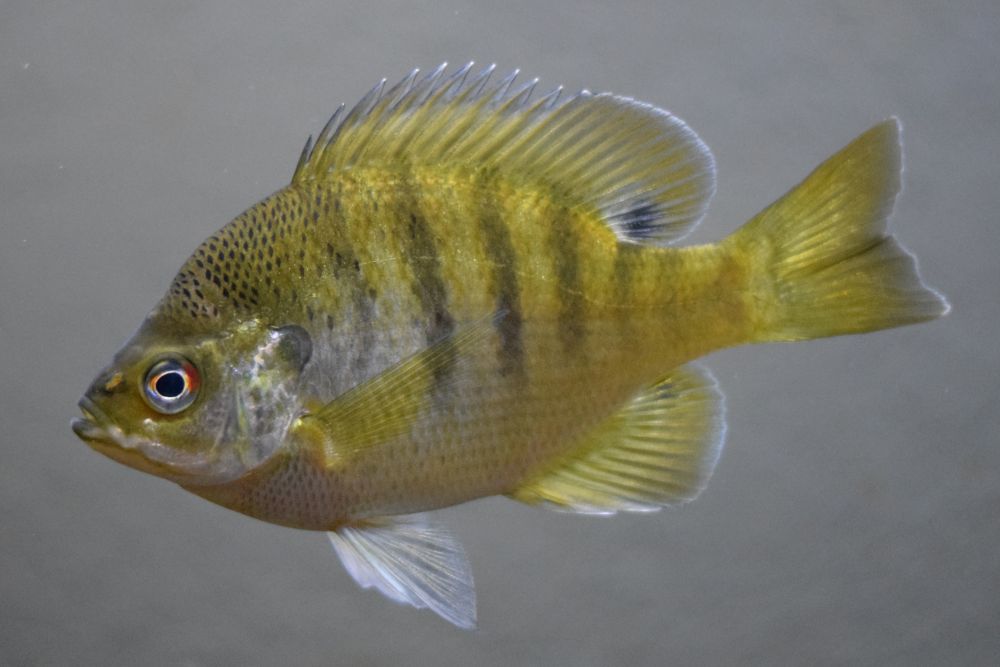
The Bluegill belongs to the Centrarchidae family. Adults are between 10 and 15 cm long but can reach 41 cm. Bluegill usually lives 4 to 6 years. Spawning season for bluegill begins in late May and continues until August. They can be caught from spring to summer. Like other cramps, bluegill have a very deep and flattened body. In other words, they are "large" and "flat". They have a small mouth on a small head. The dorsal fin is continuous, with the thorny anterior part and the soft, round posterior part with a dark touch at the base. The caudal fin is slightly forked but rounded. The body is mainly olive green with a yellowish underside. Their name "bluegill" comes from the shimmering blue and purple region on the cover of the cheeks and gills (operculum). A careful examination reveals six to eight vertical olive bars on the sides.
The Bluegill is a famous fish you can catch in Brandeis.The Chum Salmon
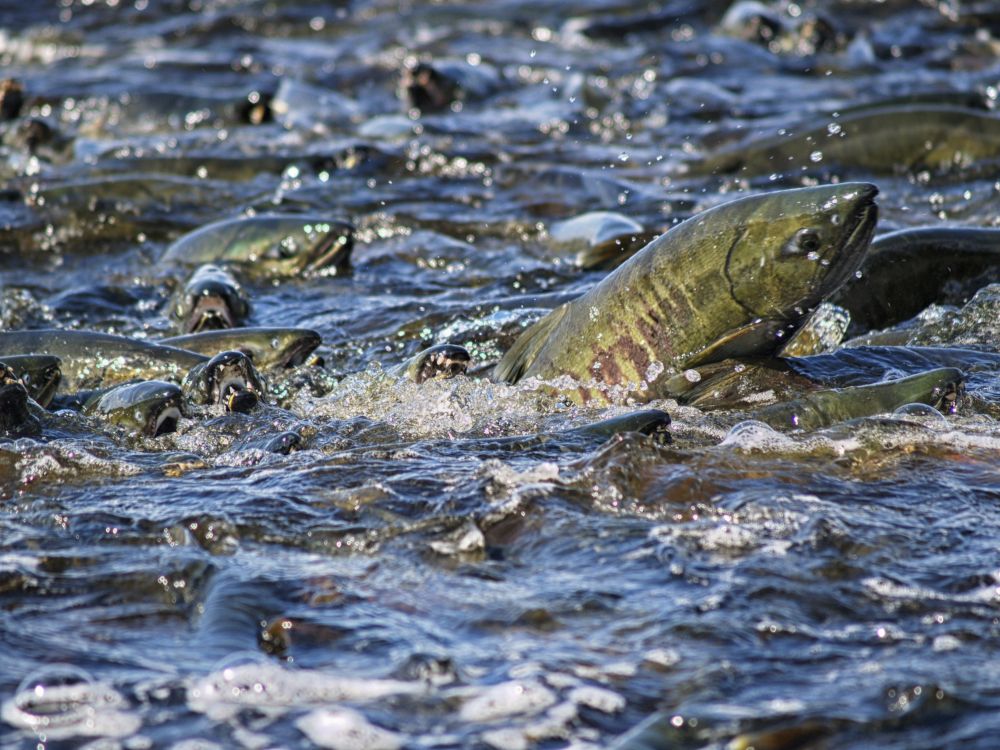
The Chum Salmon belongs to the Salmonidae family. It can reach 100 cm for a maximum weight of 15 kg. It has a lifespan of 3 to 5 years. The breeding period depends on the location. It can be fished all year round. The body of chum salmon is deeper than most salmonidae species. Like other species in the Pacific, the anal fin has 12 to 20 rays, compared to a maximum of 12 in European species. The chum salmon has a silvery blue-green coloring with some indistinct spots in a darker shade and a rather paler belly. When they move in fresh water, their color changes to dark olive green and the belly color intensifies. When adults are about to spawn, they have purple streaks near the caudal peduncle, darker towards the tail. Breeding males generally develop an extended snout or kype, their lower fins turn white and their teeth are larger.
The Chum Salmon is a famous fish you can catch in Brandeis.Our fishing forecast of Brandeis indicates the best time to go fishing in this city.
Our fishing forecast of Brandeis indicates the best time to go fishing in this city.
Our fishing forecast of Brandeis indicates the best time to go fishing in this city.
